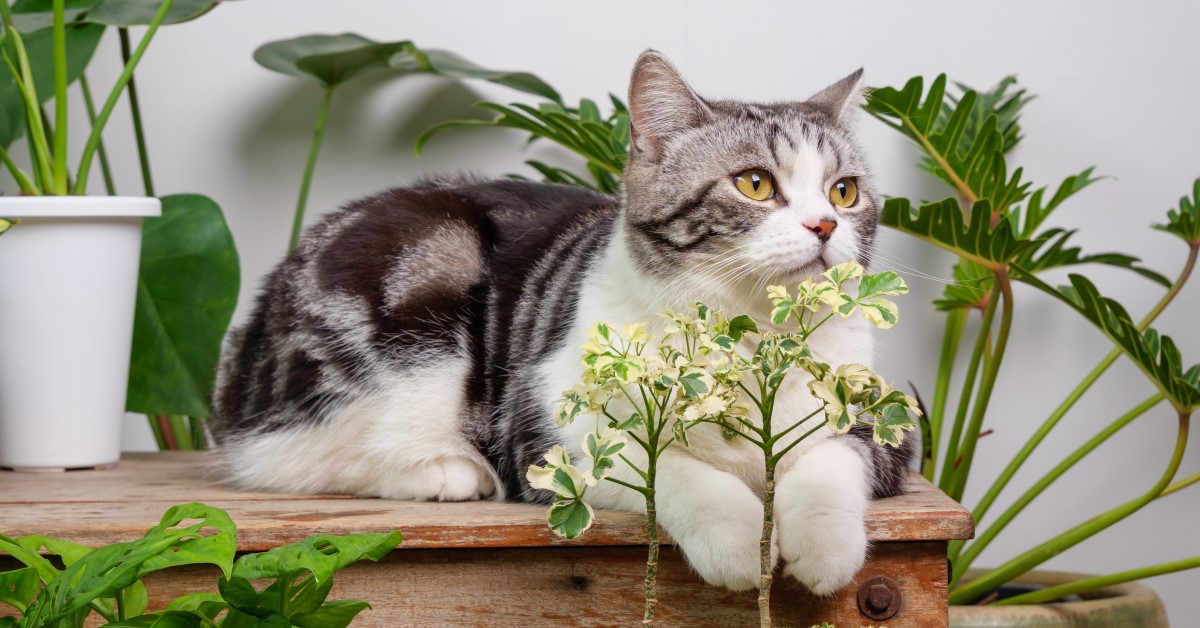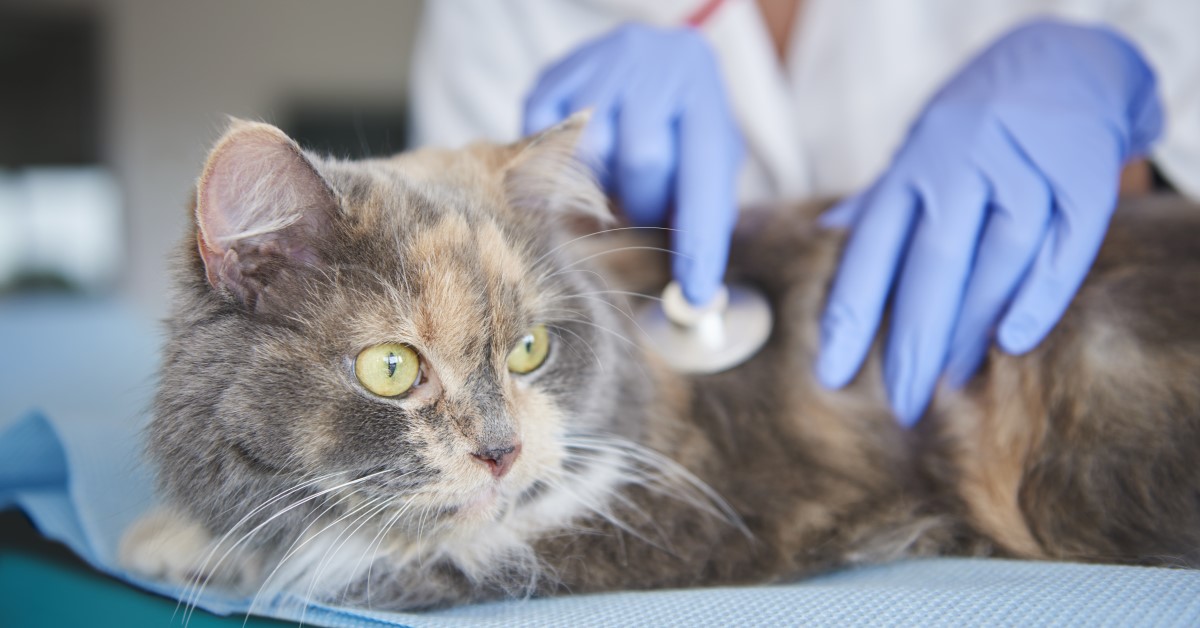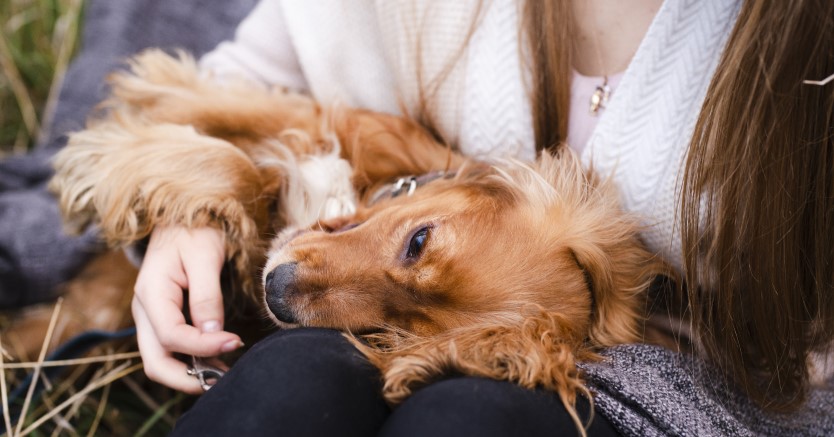Can Houseplants Keep Pets Healthy Too?
Houseplants are largely beneficial for all house members, pets included, and many are edible, providing several health benefits.

Houseplants are the perfect way to bring some life to your home, add some greenery, and improve the air quality. Few people know that growing houseplants can be largely beneficial to your pets and people both. Many houseplants are edible for common pets and carry several health benefits. Houseplants are a great addition to everyone, four-legged friends included, in your home.
Edible Plants
Finding edible plants for your pets is a great way to get the most out of your houseplants. Not only do you get to enjoy the benefits of these CO2-eating giants, but you can harvest fresh leaves and stems for your pets. Cats, dogs, and even rodents like rabbits can benefit from growing houseplants.
Cats
Although cats are known to be fierce predators, they enjoy the benefits plants offer. Cat owners can grow their own plants to give to their cats, which is healthier and cheaper than buying plants in the store. Some of the best plants to grow for your cat include:
Catnip - This popular plant is usually dried and stuffed into toys for cats. Catnip can get a great reaction from cats, making them more playful. Although only about 50% of cats react to catnip, the leaves can still make a tasty treat for your pet. The plant is easy to grow and can live in a pot sitting on the window.
Cat Thyme -Similar to catnip, cat thyme is an easy-to-grow plant that cats love. Cat thyme will often get a reaction from cats that don’t react to catnip, making it an excellent alternative. Not only is this plant easy to grow, but it gets beautiful pink flowers in the summer months.
Valerian - Best grown outdoors, valerian is a ground covered with clustered flowers. This plant is beneficial for pollinators that may frequent your yard and make cats react, similar to catnip.
Dogs
Although we try to deter our dogs from eating strange plants when we take our pups for a walk, plenty of plants have beneficial properties that are safe to give your dog. Many plants can be grown indoors, making the perfect houseplant to harvest and feed your pet. Some tremendous indoor plant options for your dog include:
Basil - Although delicious for humans to eat, dogs love basil too. This small herb can quickly grow indoors. Harvest a few leaves to feed your dog directly, or mix basil into your pup’s food for a wide range of health benefits.
Thyme - Another great herb to grow indoors for your dog is thyme. This small plant grows well in a pot, and it’s easy to harvest a few leaves. Allowing your dog to chew on thyme can help fight off gingivitis in dogs.
Wheatgrass - Easily grown in a small pot, wheatgrass is perfect for your dog. It gives your dog something to chew on and helps to freshen its breath. Plus, wheatgrass can help aid in digestion for your pet.
Rabbits
Rabbits require a diet rich in hays and grasses, accounting for more than 80% of their caloric intake. While commercially available dried grass is safe, giving your rabbits treats from your own home assures you give your pets the freshest and safest food possible. Although many hays and grasses are not quickly grown as houseplants, several small rabbit treats make suitable indoor potted plants. Some wonderful plants that rabbits can eat include:
Jasmine - This beautiful potted plant can make a fantastic decoration and a delicious treat for your pet rabbit. Everything, including the stem and leaves, is safe for your pet to eat on an actual jasmine plant. Be wary of false jasmine plants, often called Carolina jasmine, which can be toxic.
Pot Marigolds - Not all marigolds have to grow in the garden. Pot marigolds can do well in a small planter inside your home. Some rabbits like to nibble at the flowers or the stems. Plus, pot marigolds will make your home bright and colorful with their big gold blooms.
Indoor Grass - Although it may seem odd, indoor grass patches are available for homes. These small patches bring much-needed greenery to your home and are easy to care for. Plus, having a patch of live grass in your home gives your rabbit a place to graze and eat naturally.
Aquariums
Although you may not directly feed your plants to your fish, there are some amazing benefits of having houseplants in rooms that also have aquariums. There are several contaminants inside the home, and people, along with other pets, can significantly contribute to the amount of latent CO2 cycling through the home. While humans may not notice increased CO2, your aquarium can detect even small increases or decreases.
Too much CO2 in your home can directly impact the pH of your aquarium. Increased CO2 lowers the pH altering the carbonic acid levels in the water. While expensive and dedicated equipment exists to reduce CO2 in your tank, a simple solution is to add more houseplants to the rooms with your aquarium. Houseplants in your home can reduce the amount of CO2, successfully raising your pH to a healthy level. Houseplants are beneficial to everyone in the home, pets and fish included.
Potentially Dangerous Plants
Although houseplants are primarily beneficial, it is important to remember that some houseplants can be toxic to your pets. Always be sure to thoroughly research any plant you want to bring into your home to ensure it is safe for your pets. Some of the most common toxic houseplants include:
- Ivy
- Caladium
- Oleander
- Lily
- Arrowhead
- Peace Lily
- Dieffenbachia
Usually, a quick internet search with either the Latin name or the common name will quickly identify a plant as toxic or safe for your pets.
Ready to start saving money on pet wellness care?
Then take a look at Mint Wellness, the pet wellness plan that provides fast reimbursement on routine pet care. Save on vaccinations, wellness exams, preventatives, dental, and more!
Learn More


